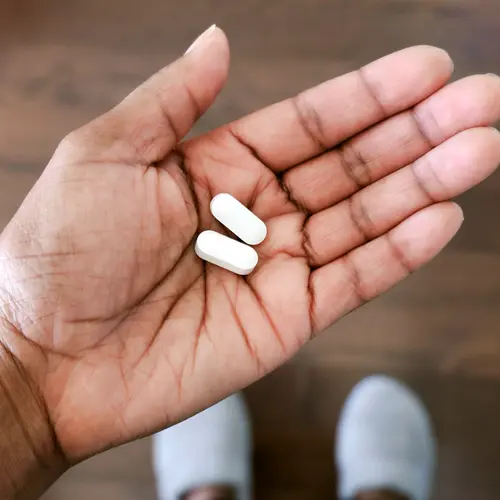If you have epilepsy, it's important to know when you need to call a doctor.
In general, you should call your doctor if any new symptoms occur (although most patients notice only mild side effects that tend to go away over time). You should also call your doctor if you have side effects from your medication that might include:
- Any abnormal body movements, or problems with coordination
- An increase in the number of seizures, or ongoing seizures
- Loss of seizure control
- Allergic reactions, including difficulty breathing, itching, hives, and swelling of your face or throat
- Eye problems, including: blurred or double vision; spots before your eyes; or uncontrolled back-and-forth and/or rolling eye movements
- Excessive drowsiness
- Restlessness, excitement, or confusion
- Nausea or vomiting
- Rash
- Hair loss
- Tremors
- Blood in the urine or stool, dark-colored urine, or painful or difficult urination
- Joint, muscle, or bone pain
- Pain and/or swelling or bluish color in your leg or foot
- Red, blue, or purple spots on your skin
- Sores, ulcers, or white spots on your lips
- Easy bruising
- Swollen or painful glands
- Infection
- Extreme weakness or fatigue
- Bleeding, tender, or enlarged gums
- Fast or irregular heartbeat
- Burning, tingling, pain, or itching, especially in the groin
- Slurred speech or stuttering
- Delusions or hallucinations
- Behavioral, mood, or mental changes such as depression, agitation, or loss of appetite
If you see someone who is having an epileptic seizure, you should call an ambulance or 911 if:
- The seizure lasts more than five minutes
- Another seizure starts right after the first
- The person can't be awakened after the movements have stopped
- The person has several seizures and doesn't regain consciousness between them
- The person is pregnant or has another condition, such as heart disease or diabetes
- The person injure themselves during the seizure
- The seizure happens in the water, or you think this might be the person's first seizure
NOTE: Do not try to put something in the person's mouth.
Turn the person on their side to improve their breathing.

